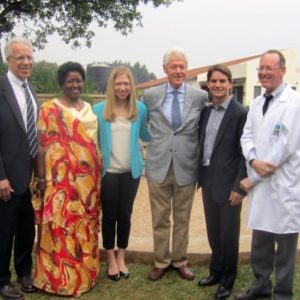Some people claim that if the fluids and tissues in your body become too acidic – that is, if the concentration of hydrogen in them is too high – your chance of developing cancer increases. Similar claims state that by reducing your intake of certain foods, you can lower your acidity levels, making the body more “alkaline” and less hospitable to cancer.
Cervical Cancer Screenings: Five Things You Need to Know
As a result of women having regular cervical cancer screenings, incidence and death rates from the disease have decreased by at least 80 percent in the U.S. “Cervical cancer in the U.S. has become less of a frequently diagnosed cancer because of the institution of the Pap smear,” says Ursula Matulonis, MD, medical director of … Read more

 Healthy young women should get their first Pap test at age 21. If that test is normal, they should have additional Pap tests every three years. If they have symptoms such as abnormal bleeding or are found to have an abnormality on their cervix during an exam, they may need a diagnostic Pap for
Healthy young women should get their first Pap test at age 21. If that test is normal, they should have additional Pap tests every three years. If they have symptoms such as abnormal bleeding or are found to have an abnormality on their cervix during an exam, they may need a diagnostic Pap for 
 Faced with an abundance of cancer stories in the news and our own personal experiences with cancer, we may fear that there’s a growing “epidemic” of the disease.
Faced with an abundance of cancer stories in the news and our own personal experiences with cancer, we may fear that there’s a growing “epidemic” of the disease.